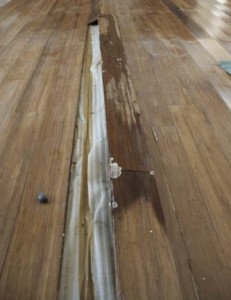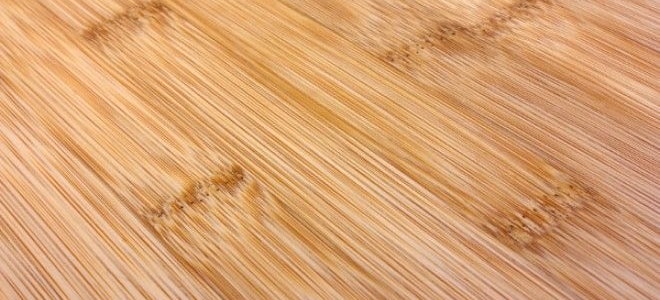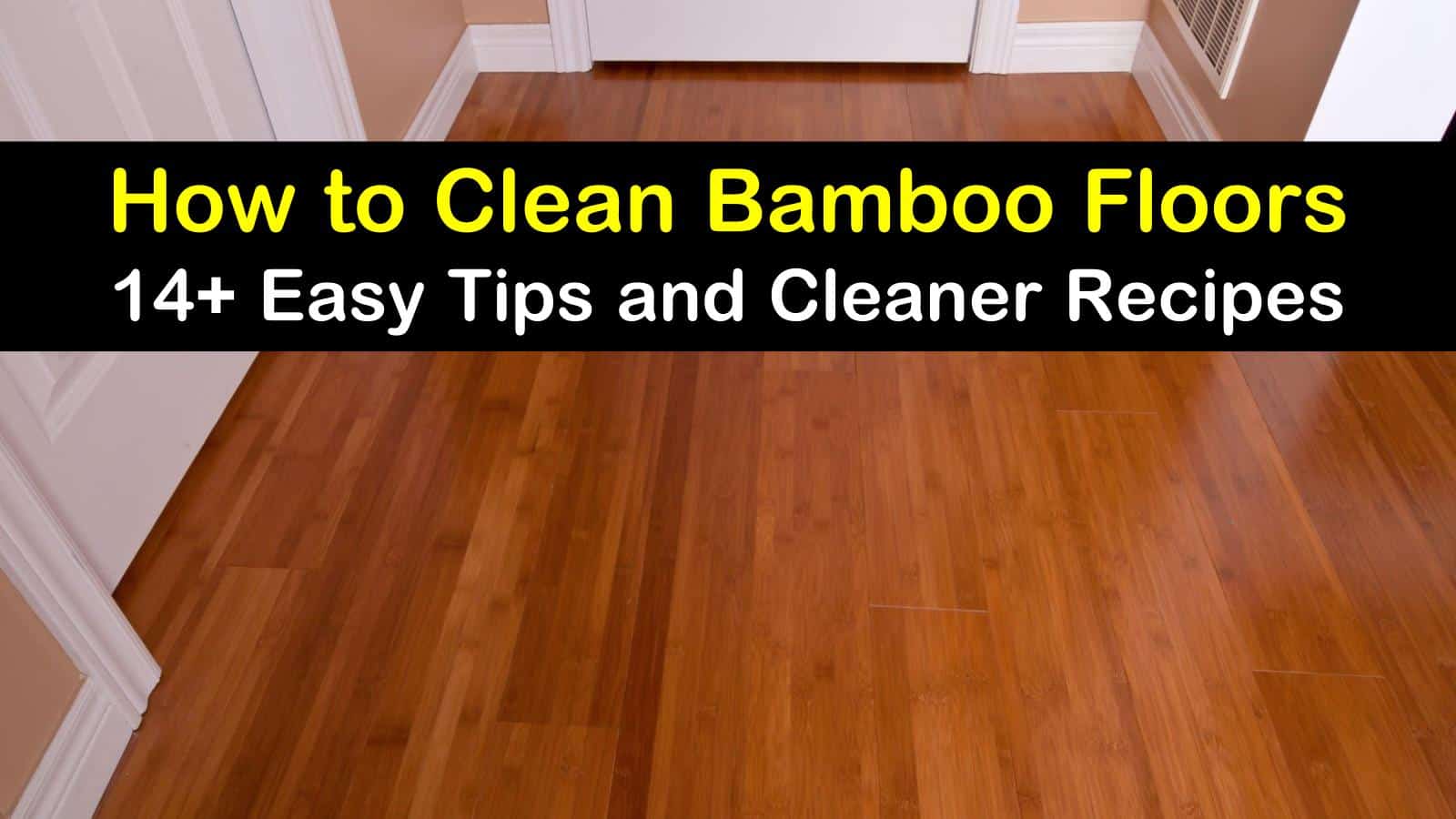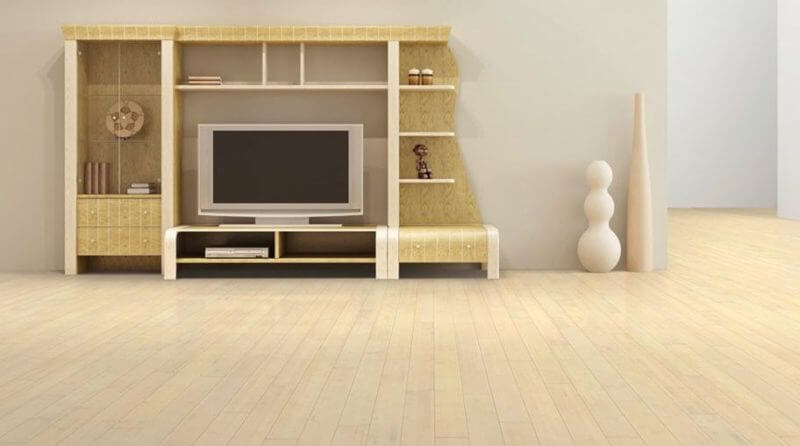Does Bamboo Flooring Absorb Water

A closer look at bamboo flooring.
Does bamboo flooring absorb water. This flooring is comparable to engineered hardwood and is installed in the same way usually with click lock planks that float over a foam underlayment. Bamboo flooring is typically more water resistant than hardwoods. Laminate flooring and water do not mix. The natural properties of bamboo are ever present in its hardness strength and water resistance in the flooring as it would be standing in the wild.
Bamboo flooring is limited to a few tonal shades. Bamboo flooring can be installed when the moisture content between the floor and subfloor is within 3. That being said strand bamboo flooring is waterproof up to about 30 hours in fact few if any floors are permanently waterproof. Bamboo floors have become more popular in recent years due to their many similarities to hardwood flooring.
Engineered bamboo flooring is the easiest bamboo flooring type to install and you can do it yourself. It is also a very attractive flooring material that provides homes with a unique look. At the other end of the spectrum are floors like solid hardwood bamboo. But perhaps most importantly bamboo is an eco friendly material that can be harvested without destroying wild habitats.
The contemporary look of bamboo doesn t fit with all décor. One of the great properties of bamboo flooring is that it is not as easily damaged by water as other hardwood floors are. Bamboo grass readily absorbs water and is susceptible to damage from water and excessive humidity. A number of floor coverings are considered impervious to water such as ceramic or porcelain tile luxury vinyl plank flooring and especially sheet vinyl flooring.
But understanding the benefits and drawbacks of any type of flooring before installation is. Do bamboo plants need a lot of water. Bamboo resists stains pretty well and it won t absorb liquids especially quickly. Visit parts of asia and you ll find bamboo growing in clumps thickets and woods.
Engineered bamboo flooring is made by bonding a thin layer of bamboo onto a plywood or mdf core. The pros cons. This process usually takes 72 hours but it can take longer if you are in a region with higher or lower levels of moisture. It is the least expensive and least durable form of bamboo flooring and it cannot be refinished.
Its wood has become a popular renewable resource used in salad bowls and. Bamboo flooring has a chic exotic look but is still relatively inexpensive which makes it a highly appealing flooring option for many. Although engineered bamboo planks aren t waterproof they re more moisture resistant than solid bamboo planks thanks to the wear layer and the waterproofing on the bottoms of the planks.


















